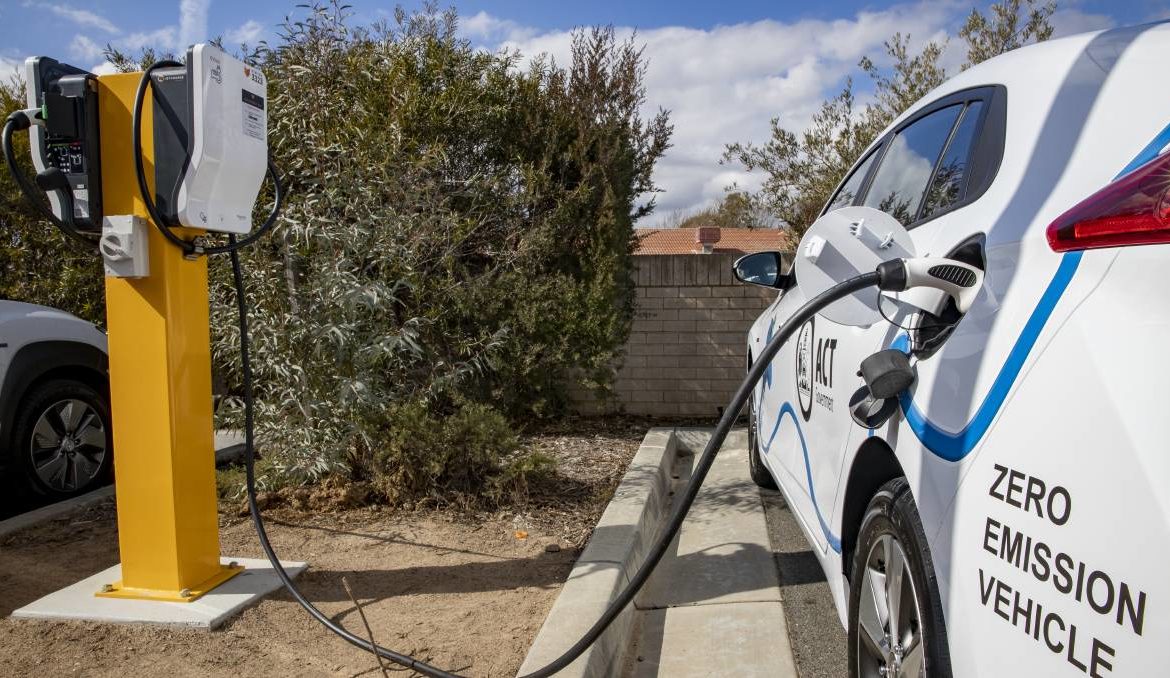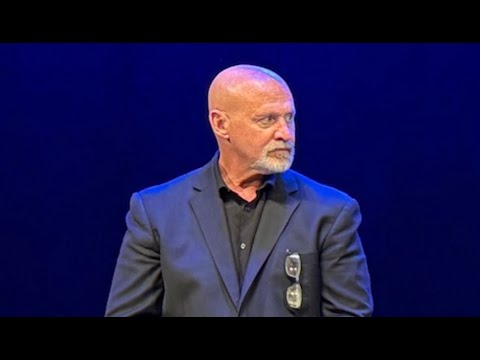news, latest-news, electric vehicles, government loans, Greens, transport policy
The ACT will be the only jurisdiction in Australia to offer zero-interest loans to help subsidise new and used electric vehicle purchases under the new governing agreement signed between Labor and the Greens. Electric vehicles will be cheaper to buy in Canberra than anywhere in Australia once the zero-interest deal kicks in as part of a key pre-election promise made by the Greens. The party had its political hand strengthened by claiming six seats across the territory in the recent ACT election and took an ambitious pledge on electric cars to the election, whereas the two major parties generally avoided the issue completely. The Greens’ strong electoral performance has given them the clout to kickstart their “rEVolution” program, which included a policy intention of making 90 per cent of all new cars sold in the ACT zero-emissions within 10 years, and 100 per cent of vehicles by 2035. It also aimed to transition all public transport, garbage trucks, taxi and rideshare vehicles to zero-emissions by 2035. However, political reality has set in post-election. The Labor-Greens governing agreement adopts much more moderate language and fewer specific goals than those outlined in the Greens’ original program, which would have given Canberra by far the most ambitious state- or territory-led electric vehicle transition program of its type in the country. Under the Greens’ pre-election electric vehicle promise, a $28.5 million fund was to have been allocated to subsidies of up to $10,000 to purchase a zero-emissions car (used or new) or motorcycle. In the pre-election pledge, half of the $10,000 was to have been a direct subsidy, the other half a no-interest loan. However, that aggressive stance has been carefully moderated in the governing agreement. A direct electric vehicle subsidy, such as that adopted in places like California, has been replaced by “a program of zero-interest loans of up to $15,000 for households and not-for-profit community organisations to assist with the upfront costs of investing in rooftop solar panels; household battery storage; zero-emission vehicles and efficient electric appliances”. It also now only promises to “provide financial incentives for the purchase of zero-emission vehicles”. “This includes free vehicle registration for new zero-emission vehicles for two years, introduced as soon as practical.” Currently in the ACT, there is no stamp duty paid on the purchase of an electric vehicle, and a 20 per cent discount applies to registration. As a priority, a reverse auction will be conducted to “build at least 50 electric vehicle recharging stations across Canberra and the region”. “This will include working with service station providers to explore broader public charging infrastructure,” the statement said. It also aims to push the need for vehicle charging stations into the Territory Plan review, with a view to ensuring any multi-unit residential and commercial buildings have stations fitted, “and investigate measures to support retrofitting of charging infrastructure in existing buildings”. High purchase prices have been one of the major stumbling blocks to the faster uptake of electric vehicles in Australia. Only five vehicles – the soon-to-be-released MG ZS EV, Nissan Leaf, Hyundai Kona Electric and Ioniq, and Renault Zoe – could be regarded as affordable for the average new car buyer. Throughout the world, rebates, subsidies and tax credits have provided a major stimulus for the uptake of electric vehicle sales. One of the most successful markets was China, which classifies its electric cars as “new energy vehicles” and has been the world’s largest plug-in electric vehicle market for six years since a major EV subsidy program kicked off in 2011. In September alone, there were 144,000 “new energy vehicles” sold in China, with subsidies starting at $A3400.
/images/transform/v1/crop/frm/fdcx/doc76tsk58acjn1eof61e40.jpg/r3_119_5336_3132_w1200_h678_fmax.jpg
The ACT will be the only jurisdiction in Australia to offer zero-interest loans to help subsidise new and used electric vehicle purchases under the new governing agreement signed between Labor and the Greens.
Electric vehicles will be cheaper to buy in Canberra than anywhere in Australia once the zero-interest deal kicks in as part of a key pre-election promise made by the Greens.
The Greens’ strong electoral performance has given them the clout to kickstart their “rEVolution” program, which included a policy intention of making 90 per cent of all new cars sold in the ACT zero-emissions within 10 years, and 100 per cent of vehicles by 2035.
It also aimed to transition all public transport, garbage trucks, taxi and rideshare vehicles to zero-emissions by 2035.
An ACT government vehicle charges at a new electric vehicle charging station at the West Belconnen Child and Family Centre in Holt. Picture: Sitthixay Ditthavong
However, political reality has set in post-election. The Labor-Greens governing agreement adopts much more moderate language and fewer specific goals than those outlined in the Greens’ original program, which would have given Canberra by far the most ambitious state- or territory-led electric vehicle transition program of its type in the country.
Under the Greens’ pre-election electric vehicle promise, a $28.5 million fund was to have been allocated to subsidies of up to $10,000 to purchase a zero-emissions car (used or new) or motorcycle.
In the pre-election pledge, half of the $10,000 was to have been a direct subsidy, the other half a no-interest loan.
However, that aggressive stance has been carefully moderated in the governing agreement.
A direct electric vehicle subsidy, such as that adopted in places like California, has been replaced by “a program of zero-interest loans of up to $15,000 for households and not-for-profit community organisations to assist with the upfront costs of investing in rooftop solar panels; household battery storage; zero-emission vehicles and efficient electric appliances”.
It also now only promises to “provide financial incentives for the purchase of zero-emission vehicles”.
“This includes free vehicle registration for new zero-emission vehicles for two years, introduced as soon as practical.”
Currently in the ACT, there is no stamp duty paid on the purchase of an electric vehicle, and a 20 per cent discount applies to registration.
As a priority, a reverse auction will be conducted to “build at least 50 electric vehicle recharging stations across Canberra and the region”.
“This will include working with service station providers to explore broader public charging infrastructure,” the statement said.
It also aims to push the need for vehicle charging stations into the Territory Plan review, with a view to ensuring any multi-unit residential and commercial buildings have stations fitted, “and investigate measures to support retrofitting of charging infrastructure in existing buildings”.
High purchase prices have been one of the major stumbling blocks to the faster uptake of electric vehicles in Australia.
A Tesla Model S recharging in Canberra. Picture: Supplied
Only five vehicles – the soon-to-be-released MG ZS EV, Nissan Leaf, Hyundai Kona Electric and Ioniq, and Renault Zoe – could be regarded as affordable for the average new car buyer.
Throughout the world, rebates, subsidies and tax credits have provided a major stimulus for the uptake of electric vehicle sales.
One of the most successful markets was China, which classifies its electric cars as “new energy vehicles” and has been the world’s largest plug-in electric vehicle market for six years since a major EV subsidy program kicked off in 2011.
In September alone, there were 144,000 “new energy vehicles” sold in China, with subsidies starting at $A3400.







